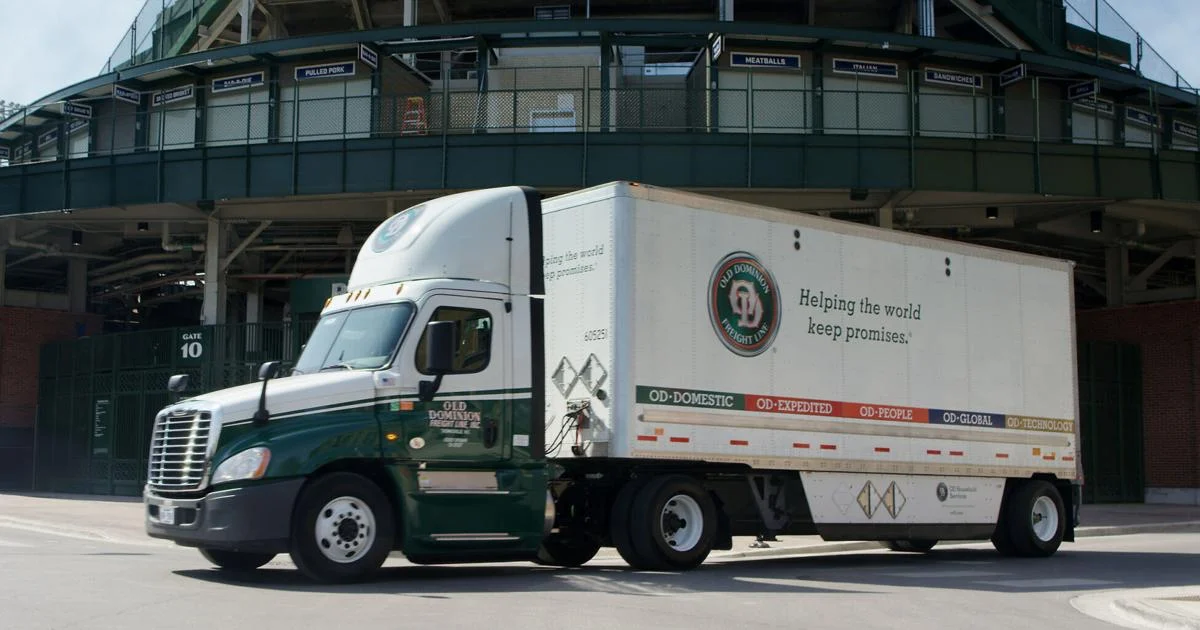Copyright dailystar

Self-employed workers could face a £100 fine if they miss an upcoming deadline in just over a week. Every year, some customers of HM Revenue and Customs (HMRC) are required to submit a tax return to ensure they're paying the correct amount of tax. This is particularly relevant for individuals who were self-employed as a 'sole trader' and earned more than £1,000, as well as those who were part of a business partnership. Some people may also need to file a tax return if they had to pay Capital Gains Tax upon selling or 'disposing of' something that increased in value, or if they had to pay the High Income Child Benefit Charge without doing so through the PAYE system. While most people have until the end of January next year to file their tax return for the previous tax year, others are on a much tighter schedule, with only until the end of October. Those needing to submit a paper tax return must do so by 11.59pm on 31 October 2025. Bear in mind, if you haven't started filling out your paper tax return yet and aren't familiar with the process, it could be quite time-consuming. As such, it's not advisable to rush through the return on the deadline day as you might inadvertently miss it and incur a potential penalty. HMRC has the authority to impose a financial penalty for any late tax return. Starting with a fixed £100 charge, this can quickly escalate if ignored. If you neglect to submit your tax return within three months of the deadline, you'll be hit with additional penalties of £10 per day, up to a maximum of £900. After six months, this penalty increases to five per cent of the tax owed or £300, whichever is higher. After a year, an extra charge of five per cent or £300 will be levied - whichever is greater. HMRC guidance emphasises that these charges can be easily dodged by simply submitting your Self Assessment tax return promptly. If you haven't begun your paper tax return yet, or are unsure where to start, your initial step should be to download and print off an SA100 tax return form from HMRC. The sections of the form you need to fill out will differ greatly depending on whether you're employed, self-employed, or part of a business partnership. HMRC guidance indicates you may need the following to help you complete the form: Further advice on how to file your tax return can be found here.



